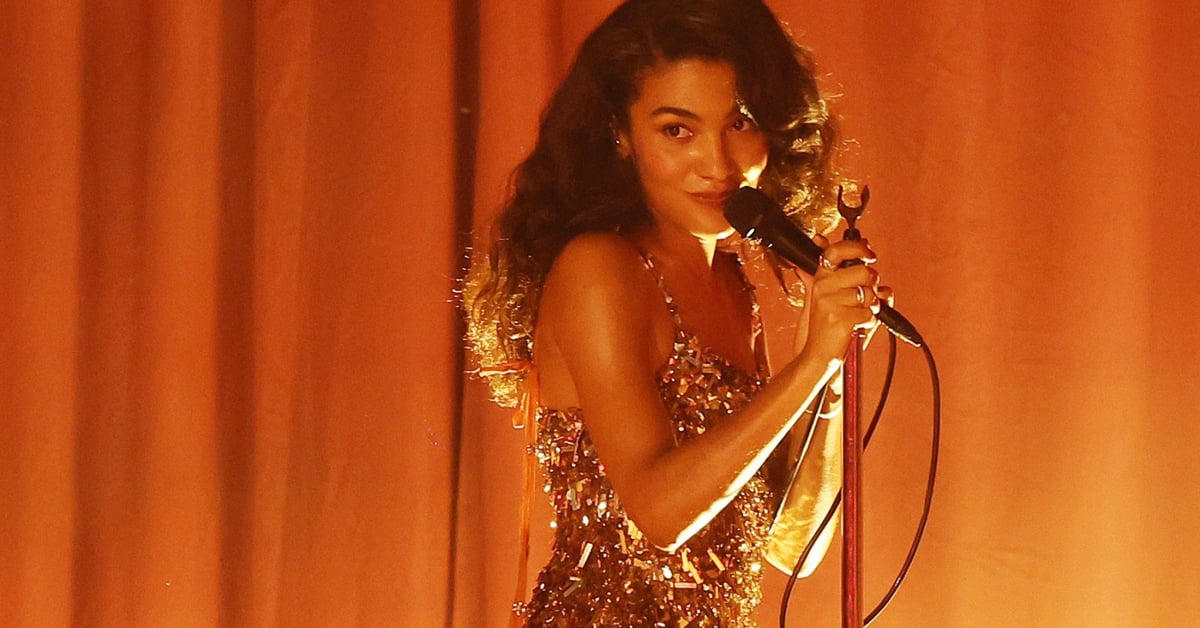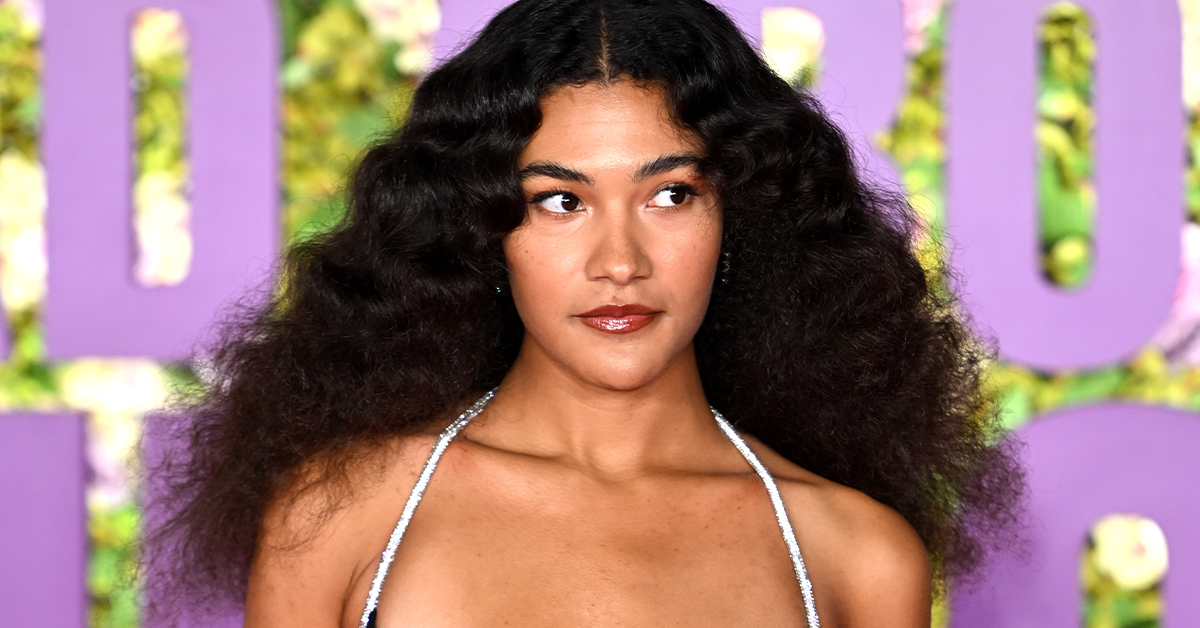The arrival of the cinematic adaptation of Wicked—split into two highly anticipated installments—was always destined to be a defining moment for modern movie musicals. Yet, even before the second part, Wicked: For Good, reaches its dazzling conclusion, the ultimate question for Hollywood already looms: will the franchise defy gravity and continue with a third film? Stepping onto the red carpet at the premiere, actor Bowen Yang, who embodies the sharp wit of Glinda’s fawning assistant Pfannee, offered a definitive answer, asserting that the story should “leave it here.” His final word highlights the deep tension between artistic integrity and franchise temptation. While the narrative of Elphaba and Glinda—the one audiences know and adore—reaches its perfect, poignant terminus in the two-part structure, the immense commercial success of the Oz universe may prove too tempting for producers to resist, setting the stage for an inevitable, and potentially disastrous, battle over the soul of the Emerald City.
The Case for Conclusion: Bowen Yang’s Final Word
Bowen Yang’s comments at the Wicked: For Good premiere were a refreshing dose of artistic clarity amid the perpetual churn of sequel speculation. By stating definitively, “I think we leave it here,” the Saturday Night Live star positioned himself as a purist who believes in the narrative power of completion. His stance reflects an understanding that the stage musical, upon which the films are based, possesses a standard, two-act structure that culminates in a perfect, closed loop: the full truth behind the Wicked Witch of the West’s history is revealed, and the intricate, emotional tapestry woven between Elphaba and Glinda is finally complete.

The decision to conclude the saga at Wicked: For Good honors the profound, beloved finality of the original production. To venture beyond the musical’s established narrative would be to risk diminishing the core story’s emotional resonance, a risk Yang seems unwilling to take. However, the actor could not resist a humorous nod to the endless possibilities of expansion, pitching a brilliant, absurdist spinoff idea centered on his character Pfannee and Bronwyn James’ ShenShen. Likening the concept to the existential play Rosencrantz & Guildenstern Are Dead—which follows two minor characters from Hamlet—the suggestion offered a satirical take on franchise expansion, implying that any further exploration should veer sharply into the surreal rather than attempting to stretch the main drama.
Why Two Acts Became Two Films: Integrity Over Efficiency
The very debate over a third film stems ironically from the creative team’s commitment to narrative integrity. The initial decision to split the single, two-act stage musical into two distinct cinematic features—Wicked and Wicked: For Good—was made not for monetary gain, but for the preservation of the story’s beloved density. Composer Stephen Schwartz, alongside director Jon M. Chu, understood that compressing the entire musical into a standard two-hour runtime would necessitate excising key scenes, beloved songs, and crucial character development, fundamentally compromising the narrative’s emotional arc.

The logic behind the split was sound, hinging on the musical’s Act I finale, “Defying Gravity.” As Schwartz noted, this number is structurally designed to be a definitive show-stopper, a moment of such climactic, heart-pounding intensity that it perfectly precedes a theatrical intermission. Attempting to immediately follow this massive number with a subsequent scene in a continuous film narrative would inevitably feel anticlimactic. By making “Defying Gravity” the concluding, awe-inspiring moment of the first film, the creative team ensured that the cinematic version could finally give the pivotal scenes, the songs, and the essential, complex world of Shiz University the breathing room they required to resonate fully with audiences, justifying the two-part event as an artistic necessity.
The Creative Divide: Author, Composer, and Star
The question of a third film highlights a philosophical rift among the project’s key stakeholders—a divide rooted in the varying sources of the Wicked mythology. On one side stands Gregory Maguire, the author of the original novel that inspired the musical. Maguire has been clear that he has only sold the rights to the first book, and is not currently involved in any conversations about sequels or further film adaptations. His position is complicated by the fact that his novel’s ending significantly differs from the musical’s beloved conclusion, notably including the existence of Elphaba and Fiyero’s son, Liir, a character whose presence would necessitate an entirely new, complex narrative direction for a film sequel.

On the opposing side is the creative team behind the stage musical. While Bowen Yang expresses satisfaction with the current conclusion, composer Stephen Schwartz has been cautiously optimistic, acknowledging that “there is something we’re talking about” regarding further Oz-related ideas with book writer Winnie Holzman. This suggests a potential openness to expanding the Oz universe, perhaps with new characters or peripheral stories, rather than continuing the direct Elphaba-Glinda narrative. Ariana Grande, who plays Glinda, offered a teasing but ultimately ambiguous statement, suggesting that while the characters will “be a part of our hearts always,” the immediate narrative finds its relief and resolution in the second film. This triangulation of views—the author’s resistance, the composer’s openness, and the actor’s definitive preference for finality—encapsulates the complexity of expanding a narrative that already feels complete.
The Magic and the Money: Franchise Future vs. Artistic Finality
The most significant pressure for a Wicked 3 comes not from artistic necessity, but from the unyielding economic realities of Hollywood. A successful franchise based on universally recognized IP is the industry’s greatest financial prize, and the enormous global anticipation for Wicked guarantees a powerful commercial mandate for expansion. A third film, regardless of its narrative necessity, presents a compelling opportunity for studios to monetize the vast, beautifully realized world of Oz.

However, continuing the direct saga of Elphaba and Glinda risks committing the cardinal sin of artistic dilution. The power of the musical lies in its tragic, redemptive, and conclusive narrative—the story of friendship, betrayal, and the nature of good and wicked. Extending this core plot, especially given the satisfying two-part structure, could only serve to undercut the profound emotional ending that audiences have cherished for decades. The battle, therefore, is ultimately a philosophical one: whether to prioritize the exquisite, enduring finality championed by voices like Bowen Yang, or to yield to the seductive, endless possibility of franchise expansion that threatens to overshadow the magic of the original Ozian triumph.




